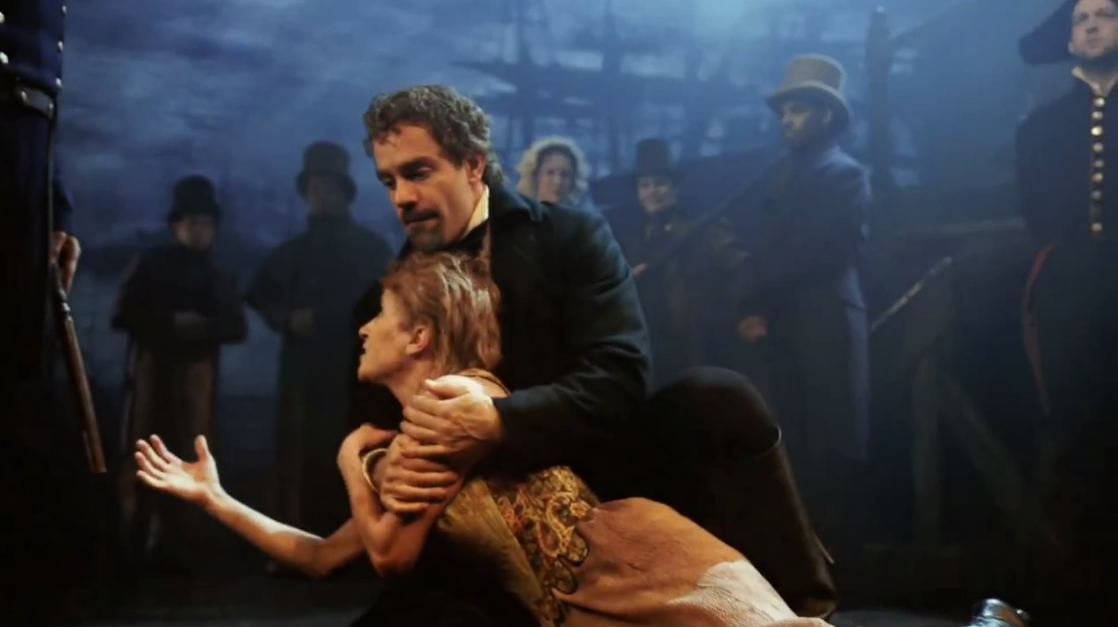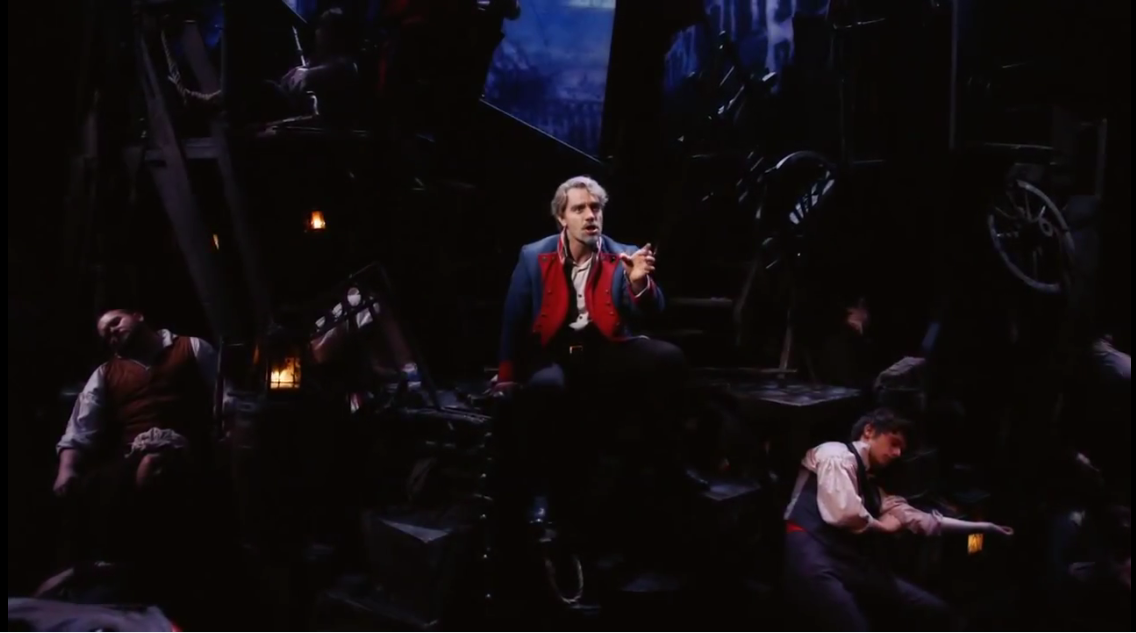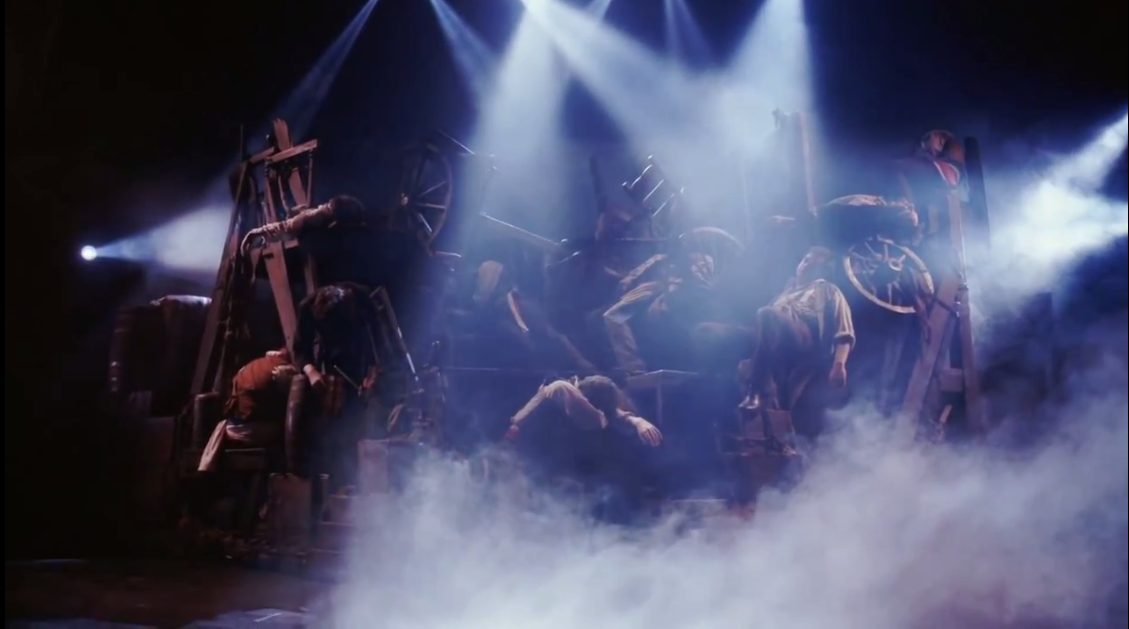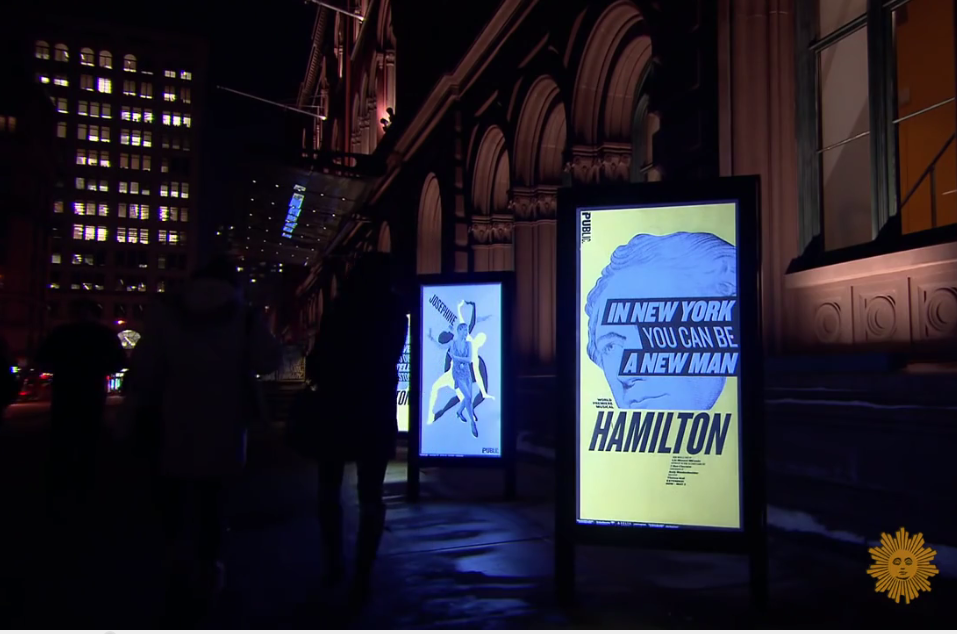I remember a friend watching “Les Miserables” in the cinema and putting his right hand on his heart in the middle of “Do You Hear The People Sing?” I can’t blame him though.
But apart from the music and the things it makes you do the moment you are carried away, what really is “Les Miserables” all about? Well, it’s more than just a case of bread theft gone haywire wrong. Based on the best-selling novel by Victor Hugo, it’s basically about the conflicts that 17th century France got into. It contained events that may have led to the French Revolution. I used the word “may” because it’s mainly historical fiction.
What Bread?
Jean Valjean is a convict who got in the slammer for stealing a loaf of bread. His sentence kept getting extended because he kept escaping. After experiencing generosity from the first time from a Catholic cleric, he interpreted it as another lease on life … away from prison. No wonder prison warden Javert went on the hunt (and never let go) once Valjean violated his parole.
He changed his name and went into business on his own. This is where he ended up meeting Fantine, one of the poorer workers in his factory that lost her job due to his poor judgment (see previous paragraph). It reached a point that he can’t keep making poor judgments anymore so when someone got arrested due the latter getting mistaken as Valjean, he went forward and helped the man get acquitted. Then he escaped his parole all over again using Fantine’s dying wish – to take care of his poor daughter.

Valjean had to pay the Thenardiers (Fantine’s distant relatives and Cosette’s guardians) in order for them to hand over their custody of Cosette to Valjean. It was only appropriate since the Thenardiers have enslaved Cosette, spending the money that Fantine usually sends them for themselves instead of using the money to care for the poor girl.
Life on the Run
Valjean managed to care for Cosette despite being on the run. On one of the stops, Cosette met and fell in love with Marius, one of the young students belonging to the underground revolutionary movement. Her budding relationship with Marius almost strained her paternal relationship to Valjean, the latter being distrustful of strangers. But upon intercepting the letter that Marius’ confidante, Eponine, for Cosette, it became clear to him that Marius is an honorable man. But to spare Cosette the trouble, he went instead of Cosette without informing the latter.

It was where he almost got arrested again after Javert managed to infiltrate the movement. If not for the students’ little friend, Gavroche, Javert’s cover will not be blown. Taking responsibility for Javert, Valjean took him away and made it look like he killed him outside when in reality, he just let him escape. This was where Javert’s confusion began.
After the revolution failed, Valjean took away Marius, unconscious, by carrying him on his back. Despite being indebted to Valjean, Javert stuck it up to the letter of the law and tried arresting the latter. Again, Valjean found another reason not to be arrested again and that is to bring Marius to safety.
Valjean was confident that Marius can take care of Cosette so he came clean to the young man. After Marius rebuked him for his “convict status” a.k.a. rubbing to his face how Cosette’s life will be better with him, Valjean relented and left Cosette to him. He just left a letter for Cosette that she will only read after Valjean has left.
You can check out Les Miserables’ official website in order to learn more. For more updates regarding your favorite musicals, like our official Facebook page, MusicalsOnline.com, and follow us on Twitter @musicalsnews. Thanks for reading.










